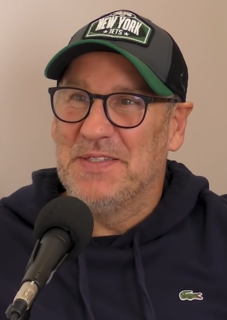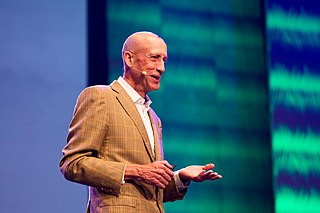A Quote by Jennifer Gilmore
I will say in open adoption, all these choices you make about race, about the amount of mental illness you can deal with, about special needs and physical maladies, you have to lay all this out there before you know anybody's story.
Related Quotes
When we generally make healthy choices about food (or wise choices about life), we tend to move in the right direction, living as we believe God wants us to live. If we make an intentional exception for a special treat or for a diversion, that might not be a big deal. But if we step off the best path, we're tempted to detour into more unwise choices. In that case, your decision does matter.
Before you can kill a demon, you have to be able to say it's name. Names have power. While the word Alzheimer's terrorizes us, it has power over us. When we are prepared to discuss it aloud, we might have power over it. It's thought of as a mental illness and it is a physical illness, affecting the brain. There should be no shame in having it, yet people still don't talk about it
Often, when you're growing up, you don't know what's wrong. We don't talk openly enough about mental illness. How do you know - especially today with the incredibly high stress teens are put under during high school - if you have depression or if you have a mental illness or if you have anxiety? You don't know, because you've never seen it.
I don't do all the background and the worldbuilding before I start the story. What I do is I work out the bare minimum I need to start the story, and often that really is a bare minimum - it's a character in a situation, and I know nothing about the character, I know nothing about the situation, and then I think about it for a long time, and make notes about where I think the story is going to go and so on, but I don't really make notes to do with the background or the magic system or the world.
And in the end, of course, a true war story is never about war. It's about sunlight. It's about the special way that dawn spreads out on a river when you know you must cross the river and march into the mountains and do things you are afraid to do. It's about love and memory. It's about sorrow. It's about sisters who never write back and people who never listen.




































